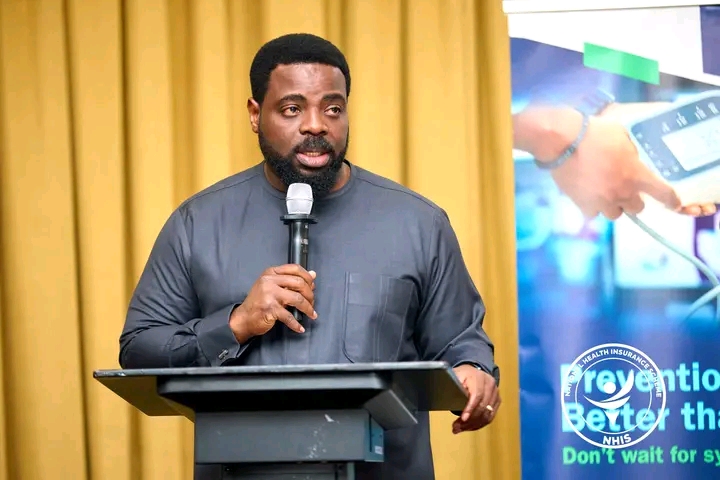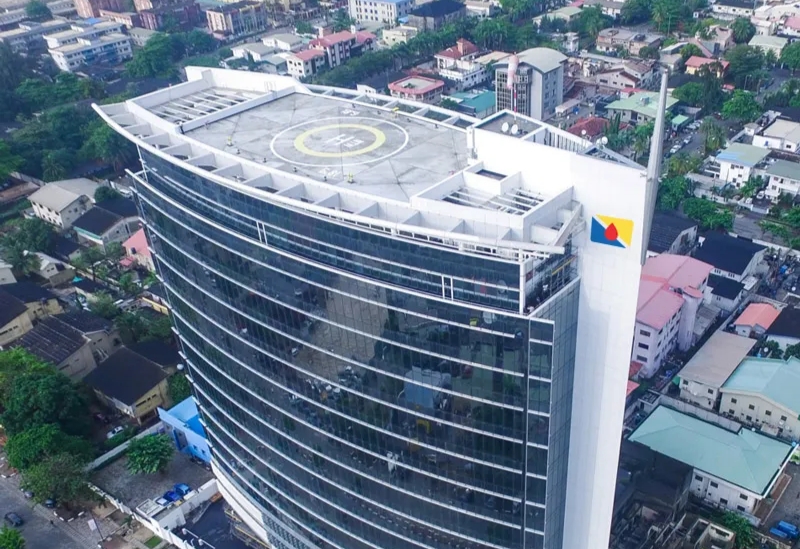
The National Health Insurance Authority (NHIA) has commenced a major capacity-building exercise for health service providers and claims officers in the Greater Accra and Eastern Regions ahead of the implementation of the revised NHIS service tariffs.
The training, held in Accra on 17 November 2025, brought together health managers, clinicians, and regional and district officers to familiarise themselves with the updated tariff structure and strengthen their application of the Ghana Diagnosis-Related Groupings (G-DRGs), the primary payment mechanism under the National Health Insurance Scheme.
Deputy Chief Executive for Operations at the NHIA, Dr. Senanu Kwesi Djokoto, explained that the revised tariffs were introduced following a nationwide assessment of facility operating costs. He said the adjustments are aimed at ensuring fair reimbursement while curbing illegal out-of-pocket payments.

According to him, both the Greater Accra and Eastern Regions continue to face similar pressures, including high patient attendance and escalating medical costs. Accurate application of the DRG system, he stressed, is therefore essential “for accountability and efficiency.”
The DRG system groups patients based on their clinical condition, the type of treatment required, and the resources used in their care. Each group represents a single episode of care, preventing double-billing.
DRGs also account for variations in severity and complexity, allowing health facilities to be reimbursed appropriately based on the intensity and nature of services provided.

World Bank Consultant Professor Adukwei Hesse, who led participants through the DRG conceptual framework, outlined the tariff options reviewed during the revision process.
He explained that although DRGs classify patients with similar clinical conditions, “case mix varies across facilities depending on patient age, sex, condition severity, and type of service.” As a result, weighted average calculations are applied to set tariffs that reflect the true composition of patients and the resources expended.
Directors of the NHIA delivered technical presentations to guide providers on effective tariff application and claims management.
Dr. Ruby A. Mensah Annan, Director of Strategic Health Purchasing, provided updates on the NHIS benefit package and the exclusion list.

Dr. Abigail C. Derkyi-Kwarteng, Director of Claims, took participants through the claims lifecycle and reiterated the Authority’s 18-day average processing time. She encouraged providers to apply precise coding and submit claims promptly to reduce delays.
A technical demonstration by Professor Lamptey showed how costs for selected G-DRGs are calculated, covering consumables, investigations, human resources, and overheads.
Dr. Ruby Mensah Annan further explained that the national tariff review is intended to realign reimbursement rates with prevailing economic conditions, update treatment pathways, and ensure tariffs reflect the real cost of providing care.

Deputy Director of MIS, Mr. Orison Afflu, briefed participants on the rollout of the NHIA’s digital authentication system. He highlighted how the platform verifies members, providers, and transactions in real time to prevent impersonation, incorrect billing, and fraudulent claims.
Closing the session, Dr. Djokoto reaffirmed the Authority’s commitment to ensuring dignified and accessible healthcare for all residents.
He said the NHIA, under the leadership of CEO Dr. Victor Asare Bampoe, is working to establish “a more transparent and financially sustainable healthcare system that prioritises patient protection while providing fair reimbursement to facilities.”
The post NHIA begins training on revised tariffs and DRG application appeared first on The Herald ghana.






